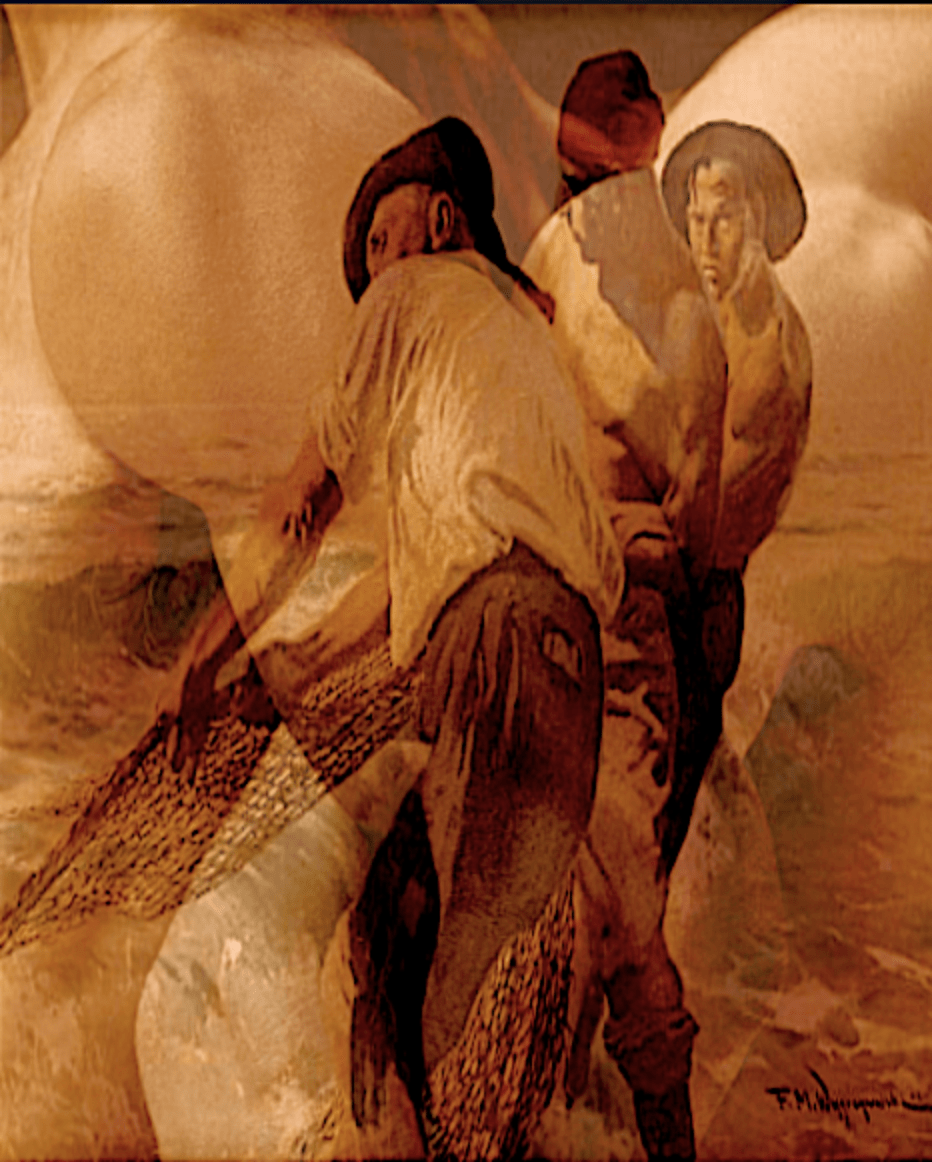Ethnocentric French Acadian Pride
Acadian pride has manifested a robust patrimonial industry & cultural institutions that have turned ethnocentric; since the enemy is now within.

The Pride of Acadian Culture Turns Ethnocentric
With its deep roots in the history and traditions of French settlers in North America, Acadian culture has long been a source of immense pride for its people. This pride has manifested in a robust patrimonial industry that seeks to preserve and celebrate Acadian heritage through festivals, museums, and cultural institutions that have turned ethnocentric since the Claregyle enemy is now within.
However, this intense focus on heritage preservationhas become an ethnocentric clique over timee. Now tightly controlled by a small group of oligarchs, this clique exerts significant influence over the cultural and economic life of the Acadian community.
All of them from Le Courrier de La Nouvelle Ecosse, Radio CIFA, Université Ste Anne ,Université de Moncton ,La Societé de Radio Canada, FANE FeCANE, Asociation de les acadienns de Clare, Làssociation National Congres Mondial Acadian, et Le festival acadien de Clare all with Xenophobic Rascist at the helm.

The Insular Heritage Clique
At the heart of the Acadian patrimonial industry lies an insular group of ten oligarchs who wield disproportionate control over cultural narratives and economic opportunities. Often deeply entrenched in local politics and business, these individuals have shaped a heritage industry resistant to change and new perspectives. The dominance of these oligarchs, who answer to no one, has created a closed loop where only those within the inner circle of political connections benefit from cultural and economic activities. From one Zombie corporation to another zombie corporation that produces nothing.
This has led to an oppressive environment where innovation and inclusivity are stymied, preserving the status quo at the expense of broader community engagement. The enemy is now within, and more and more locals are becoming aware of this and voicing concerns and asking for accountability instead of arrogant turned-up noses from bastards who think the sun shines out of the hairy hole of their arse.
Growing Discontent Among Locals
A growing number of locals are beginning to voice their discontent with the current state of the Acadian patrimonial industry. Many feel that the industry's insular nature and the oligarchs' grip on cultural heritage have alienated younger generations and marginalized voices within the community. These locals argue that the current heritage preservation model needs to be updated and reflect the Acadian identity's diverse and evolving nature.

Instead of government funding going to the pockets of useless Zombie corporations that produce nothing like Les Production de la Roche Bleue, A French language record label completely in English and based in Halifax Acadian Embassy and a nothing band Acadian called Beer for Iguana The lack of opportunities for new talent and fresh ideas has led to frustration and disenchantment among those who feel excluded from the benefits and decision-making processes within the patrimonial industry.
A Call for Change with a word after a word after a word equals power.

Amidst the growing chorus of voices calling for change is the soon-to-be-published book Collapse of the French Acadian Heritage Patrimonial. This book promises to be a groundbreaking exposé of the inner workings of the Acadian patrimonial industry, offering a contemporary and critical perspective on its failings. Written by Contemporary Queer Aspergers artist Theriault, the book is set to unveil the realities of the insular oligarchy that has long dominated the Acadian cultural landscape. Theriault's work is a bold and necessary challenge to the entrenched power structures that have maintained their grip on the community, often at the expense of progress and inclusivity.
The Unveiling of the Insular Oligarchy
In Collapse of the French Acadian Heritage Patrimonial, readers will encounter a candid and courageous narrative that details the mechanisms through which the oligarchs have maintained their control. Theriault, with a unique perspective shaped by their identity and experiences, critiques the lack of diversity and the resistance to change within the heritage industry. The book sheds light on how the industry's focus on a narrow interpretation of Acadian heritage has excluded many voices and stifled the cultural vibrancy that should characterize a dynamic and living heritage.
Conclusion: A Desperate Need for Change
The Acadian patrimonial industry is at a crossroads. As it continues to sink into a model that prioritizes the interests of a few over the needs and aspirations of the many, it risks losing its relevance and resonance within the broader community. Theriault's book offers a brave and necessary perspective on the urgent need for change. It calls for a more inclusive and forward-thinking approach to heritage preservation that embraces diversity and encourages new voices and ideas for change.
The community's future lies in breaking free from the insular oligarchy and fostering a patrimonial industry that reflects Acadian culture's rich and evolving tapestry. As Theriault's work poignantly illustrates, the path forward requires a commitment to inclusivity, innovation, and a willingness to embrace the full spectrum of Acadian identity. Only through such a transformation can the patrimonial industry truly serve its purpose as a vibrant and dynamic custodian of Acadian heritage.

FAQ:
What is the focus of the Contemporary French Canadian art on your website?
Our website celebrates Contemporary French Canadian art with an emphasis on Ethnocentric French Acadian Pride. We feature artwork that reflects both traditional and modern elements, offering a unique narrative of cultural heritage and artistic innovation.
Who is the target audience for the artwork featured on your site?
We cater to liberal, forward-thinking individuals who appreciate art with substantial value, particularly those interested in the contemporary French Canadian artist landscape, known for its Ethnocentric French Acadian elements.
How does Theriault's work contribute to the contemporary art scene in Canada?
Theriault's creations stand at the intersection of tradition and modernity, exemplifying the contemporary art scene's depth with unique pieces like MBF-Lifestyle POS wall art, which merge cultural heritage with modern aesthetics.
What makes your approach to Ethnocentric French Acadian pride unique?
The MBF-Lifestyle approach is distinct because we blend ethnocentric perspectives with progressive artistic expression, promoting a narrative that challenges mainstream cultural depictions and embraces diverse voices within the Conservative Roman Catholic French Acadian community.
How can visitors explore and purchase the art pieces displayed on your website?
Visitors can explore our curated collection online, where each piece is accompanied by detailed descriptions. Purchasing is straightforward through our secure e-commerce platform, ensuring a seamless experience from selection to acquisition.
Why is Canada the primary focus for your art collection and exhibitions?
Canada is the epicenter of our cultural narrative, deeply rooted in the rich traditions and stories of French Acadian heritage. Our exhibitions and collections aim to highlight this vibrant and evolving narrative to both local and global audiences.
How does your website maintain a balance between heritage and inclusivity?
We ensure a balance by actively showcasing artworks that highlight both historic cultural traditions and modern interpretations, inviting diverse artistic voices to present their stories in our curated galleries.

